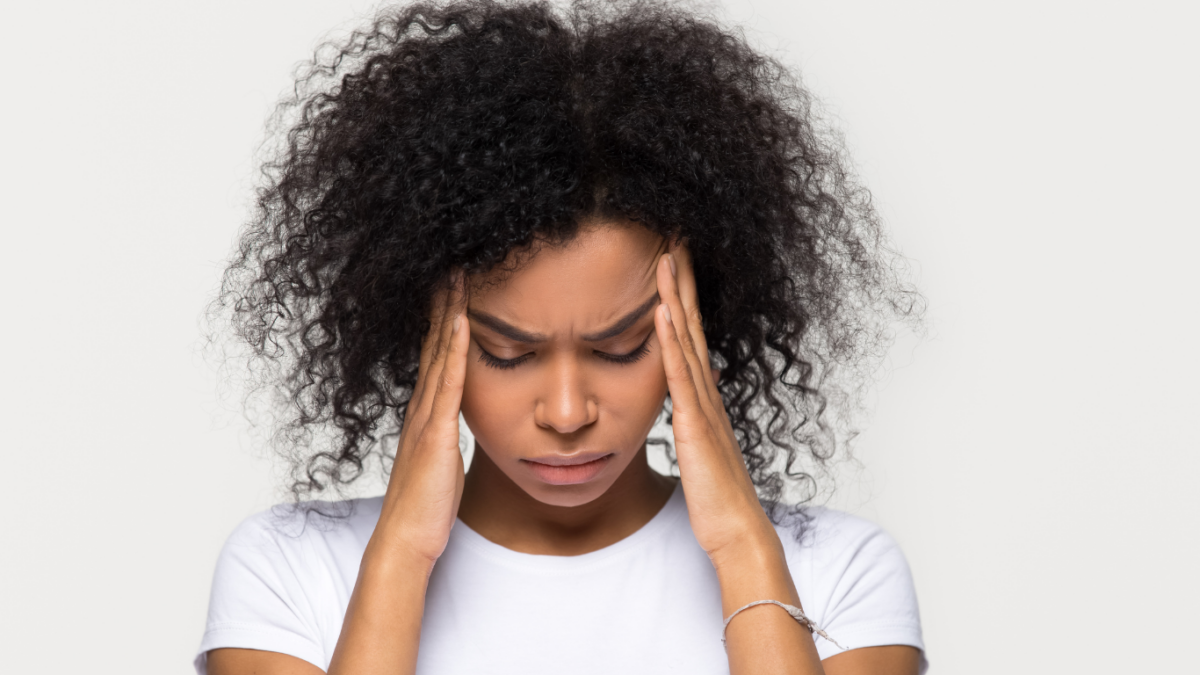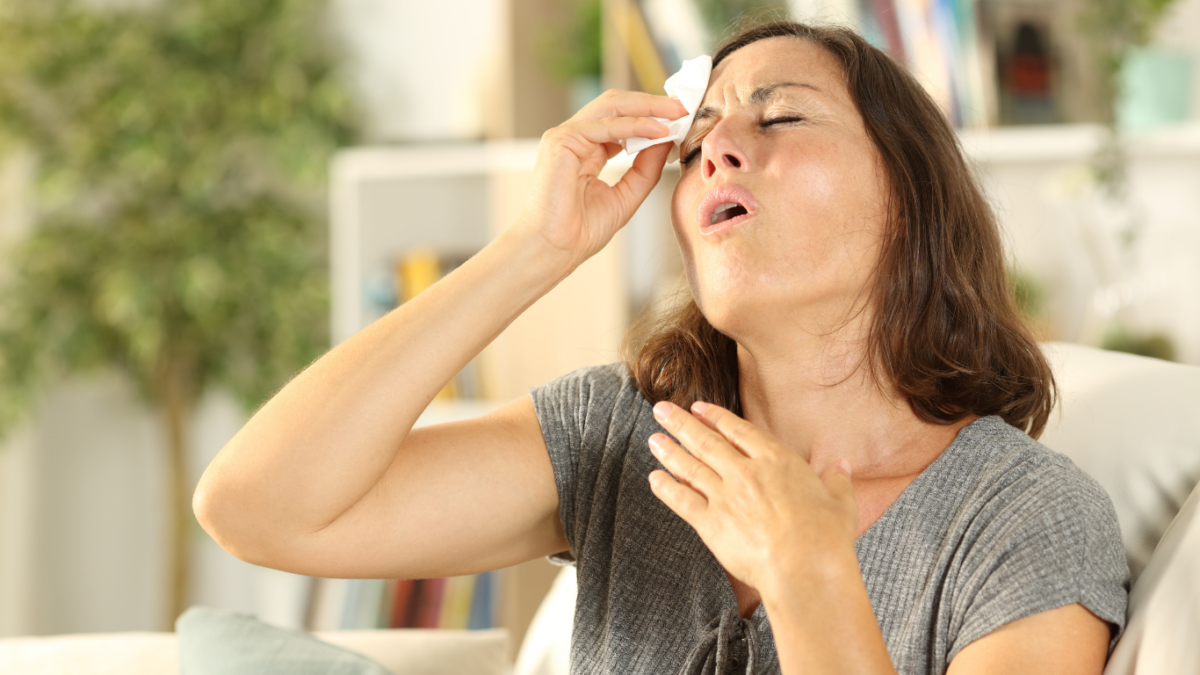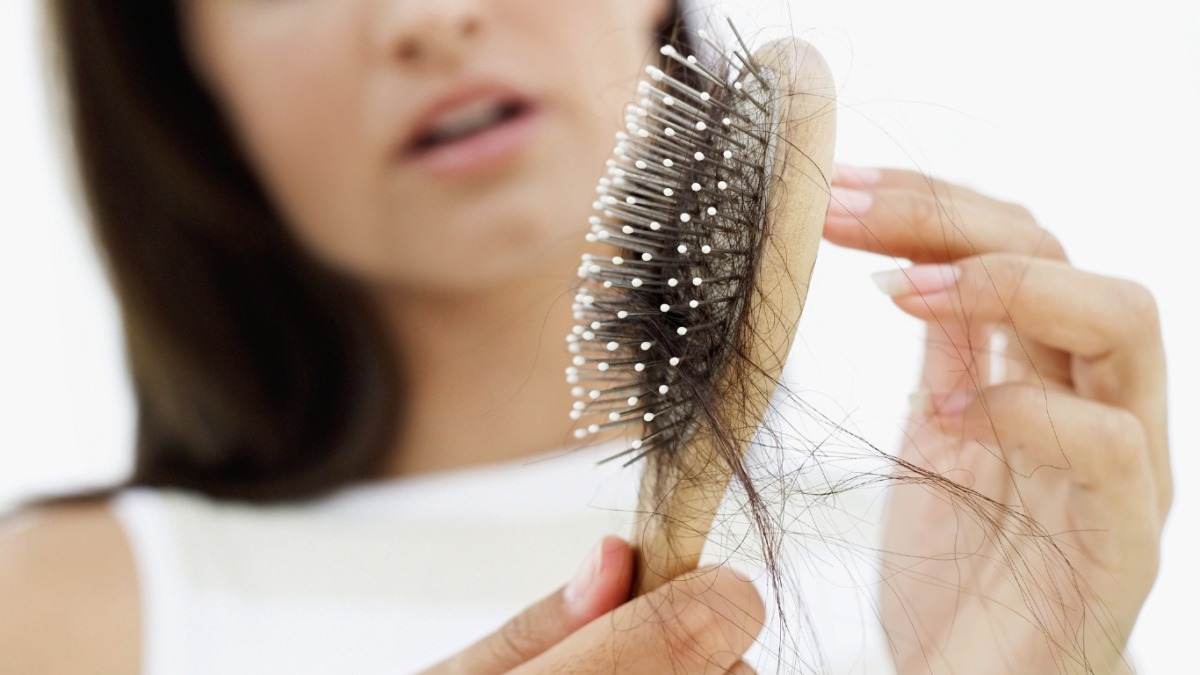Menopause at Work: The Hidden $1.8 Billion Cost and Its Impact on American Women
Friends, did you know that menopause is actually causing a massive dent in the U.S economy? Yup, you heard right. A study fresh out from the Mayo Clinic this week estimates that menopause is costing American women a whopping $1.8 billion in lost work time each year. That’s no small change!
This study is the biggest of its kind to be done in the U.S., and it took a close look at how symptoms of menopause, like hot flashes, night sweats, mood swings (and trust me, there’s a lot more) are affecting women while they’re trying to get their work done.
Over 4,000 women from four different Mayo Clinic locations spread across Minnesota, Arizona, Florida, and Wisconsin, took part in this study. About 15% of these participants said they had to either miss work or work less because of their menopause symptoms. These cases were labeled as “adverse work outcomes”. The more severe the symptoms, the more likely women were to have work issues. In fact, those with the most severe symptoms were 16 times more likely to have these problems compared to those dealing with milder symptoms. Just over 1% even confessed that their symptoms were so severe that they had to quit their jobs or were laid off in the last six months.
Dr. Juliana Kling, one of the big brains behind this study, said that this data was extrapolated based on the U.S. workforce to get to that jaw-dropping annual loss estimate. And get this, U.S. census data tells us that there are more than 15 million women aged 45 to 60 in the workforce. That’s a lot of women dealing with these symptoms on the daily!
But here’s another kicker: the study found that menopause seems to impact Black and Hispanic working women more. Dr. Kling mentioned that these women reported more menopausal symptoms, and more of them reported that these symptoms affected their work compared to white women.
Now, the Mayo Clinic isn’t alone in its findings. Other studies have come to similar conclusions. For instance, a smaller survey by a company called Carrot Fertility found that about 20% of women had to take time off from work because of menopause.
The big takeaway from all this? Menopause is a big deal and it’s affecting women’s lives on multiple fronts. From the physical discomfort to the economic impact to the social stigma around discussing menopause, especially in the workplace, it’s clear that we need more open conversations and better support for women going through this change. As Dr. Ekta Kapoor, another co-author of the study, points out, talking about menopause is often seen as taboo, especially at work. And that needs to change.
Dr. Kapoor even thinks the economic impact could be underestimated because many women don’t have access to health insurance and potential treatments for their symptoms.
And lastly, remember, these symptoms can lead to some serious personal impacts — menopause and its connection to work isn’t a topic that’s been studied a lot, but we’re starting to see a change in that – more and more studies are popping up. This narrative literature study gives us a peek into the current understanding of how menopause, work, and health are connected and points out areas where we need more info for future research. And based on what we’ve found so far, here are a few initial takeaways:
- Menopause might be messing with some women’s ability to work, but we can’t say for sure.
- It could also explain why older women take more sick days.
- Even with menopausal symptoms, most women keep on trucking at work.
- And you know what’s wild? Women usually keep their menopause struggles to themselves, finding their own ways to cope.
It seems like having severe menopausal symptoms might make work tougher for some women. This could lead to more sick days, thoughts about leaving their job, and other health issues. And it doesn’t help when the workplace doesn’t give much control or flexibility, which can make menopausal symptoms worse. But despite this, women are pretty resourceful in finding ways to deal with menopause at work, whether that’s adopting healthier lifestyles or working extra hours to make up for any dip in productivity. There’s a lot of value in personal and workplace strategies, like self-help approaches and educating bosses. But sadly, menopause isn’t something that’s openly talked about at work, partly because of the taboo surrounding it and a lack of knowledge about it.
When it comes to policies around menopause at work, there’s hardly any info out there. And it’s crucial to avoid making women feel stigmatized when addressing the issue of menopause at work. Right now, menopause is viewed more as a woman’s problem rather than something workplaces and society should be considering. And this lack of knowledge impacts women’s health and their place in the job market because they’re not getting the support they need at work. But here’s the thing: work is super important to women for financial independence and personal fulfilment, just like it is for men. So ignoring menopause in research and policy makes it seem like older women’s work and health aren’t taken seriously.
So what’s the bottom line? Women are incredibly resilient, but they’re under a lot of pressure, especially with more intense work demands and an aging workforce. Good health is not just important for women to stay employed and live a decent life during retirement, but it’s also key for workplaces and society. So we definitely need to start taking menopause and its relationship to work more seriously, in both research and policy.














